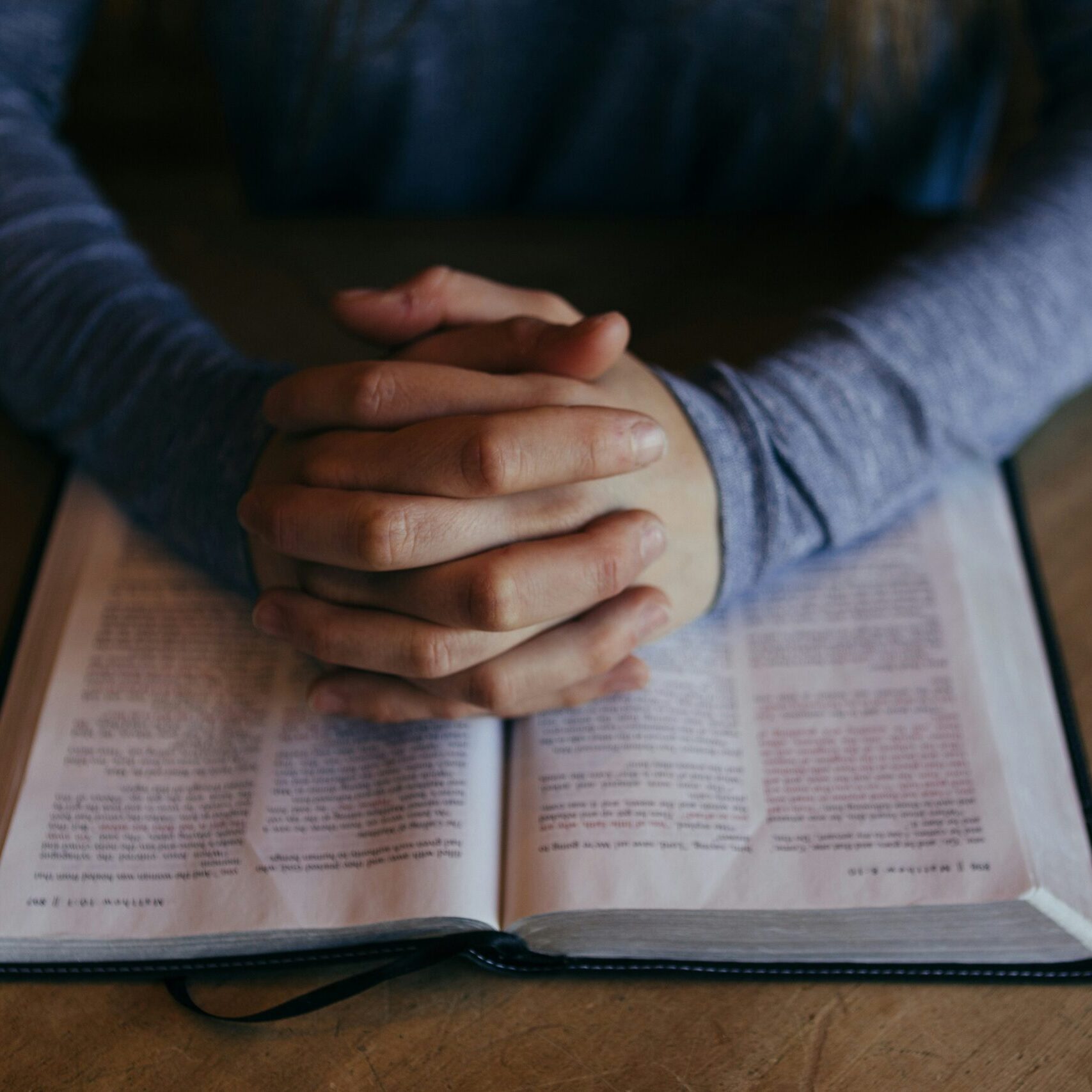The Critical Event
Is big Kingdom impact measured by butts, budgets, and buildings only?
What is THE critical event in the life of a church?
Carl George gets after this question by considering the special sauce, lettuce, and cheese of a Big Mac. What is the critical event of a McDonald’s franchise? There is the franchise owner, the supply chain of food, the equipment, the training of people to run the equipment, and on and on the logistics list can go.
But the critical event of a McDonald’s restaurant happens at the counter when an employee says, “How may I help you?” With that question a relational exchange begins. This determines if the customer will return or not. The whole capitalistic system of McDonald’s rests on this one, critical event.
What is the critical event of the church? Is it the message? Is it the budgeting process? Is it building planning? Perhaps it’s the staff planning and program implementation. What IS the critical event?
In his irritating and challenging book, “The Next Evangelicalism,” Soong-Chan Rah suggests the western, American church has been built on a flawed model. The church most of us know and have a love-hate relationship with has couched the critical event around the ABC’s of church growth: Attendance, Buildings, & Cash.
Consider how after 30+ years of seeker-targeted, consumeristic ministry, Bill Hybels laments, “Some of the stuff that we have put millions of dollars into thinking it would really help our people grow and develop spiritually, when the data actually came back it wasn’t helping people that much. Other things that we didn’t put that much money into and didn’t put much staff against is stuff our people are crying out for…”
Rah notes, “Market-driven church appeals to the materialistic desires of the individual consumer… and has resulted in a comfortable church, but not a Biblical one.”
On this study break, we were visited by a Cumberland elder and his wife. Now THAT is accountability! Tim and Claire Miles (and their grandson Tripp) stopped by to see us. Tim is a Gospel-loving, prayerful man of few words—but of significant action. It was good to see him. Our brief time on the pier was a divine appointment used to drive my thinking further.

He relayed the following vacation story. Tim was grilling out for the EIGHTEEN family members who had gathered at the beach. Halfway through the aromatic smoke and fire, the gas tank went empty. Left with half-cooked burgers, Tim set out to find another tank of gas. However, it was 6 p.m. on a Sunday night. Not a store was open. Tim stopped at the local fire station to ask for help. The firemen graciously offered their own grill and tank of gas to the beleaguered tourist with hamburgers going nowhere. As Tim was retelling his summer tale, a smile was beaming large across his face. Tim got solid affirmation of friendly, neighborly people who still do exist. I’m confident this warmed his tender soul. What Tim did in response, however, warmed mine.
When Tim returned the gas tank, he also brought the firemen two containers of freshly churned home-made ice cream. What Floridian firefighter wouldn’t want to be cooled off with that? But why did Tim do that? Was he just being nice, or was Tim doing what comes natural with another critical event?
It was the exchange that struck me. It was an event, and perhaps a critical one at that. Tim’s story echoes the critical event more than anything happening on most Sunday mornings when we gather to stare at heads in front of us. What if all Christian leaders provided a safe place for others to come with questions and needs? What if in the exchange, they met Jesus? This begins to shape and define the critical event.
“People are more formed than they are informed,” writes Ron Dotzler. Extending our lives beyond a worship service and sermon allows for dry believers to emerge as activated disciples. The extension allows for exchanges with other broken, messy people. This is the critical event. This is primary culture stuff.
Rah suggests our churches have moved away from primary cultural norms (priority of people, survival depending on relationships, oral/personal/visual communication). Instead, we have been functioning with secondary culture ideas (priority of objects, survival through knowledge, written communication via machines).
In our efficient movement away from the primary and people (all people of all colors), we’ve settled for secondary metrics of attendance, buildings, and cash– usually within homogenous, limiting paradigms. In doing so, we miss the critical event. We’re attempting the great commission without living the great commandment.
Getting back to the critical event would bring lost people into the Kingdom, and finally make authentic disciples out of Jesus followers. Mark Deymaz says jumping into critical events with the poor and broken is a beneficial way to be and make disciples. In the critical event, the rich can sit at the feet of the poor so their rich values can be disrupted and their faith enriched.
Can the stuff of big, global, Kingdom impact be made of such critical events? Who would notice such ridiculously little efforts?
(author’s note: reading from Matthew 11-25; “Disruption” by Mark Deymaz; The Next Evangelical” by Soong-Chan Rah)



